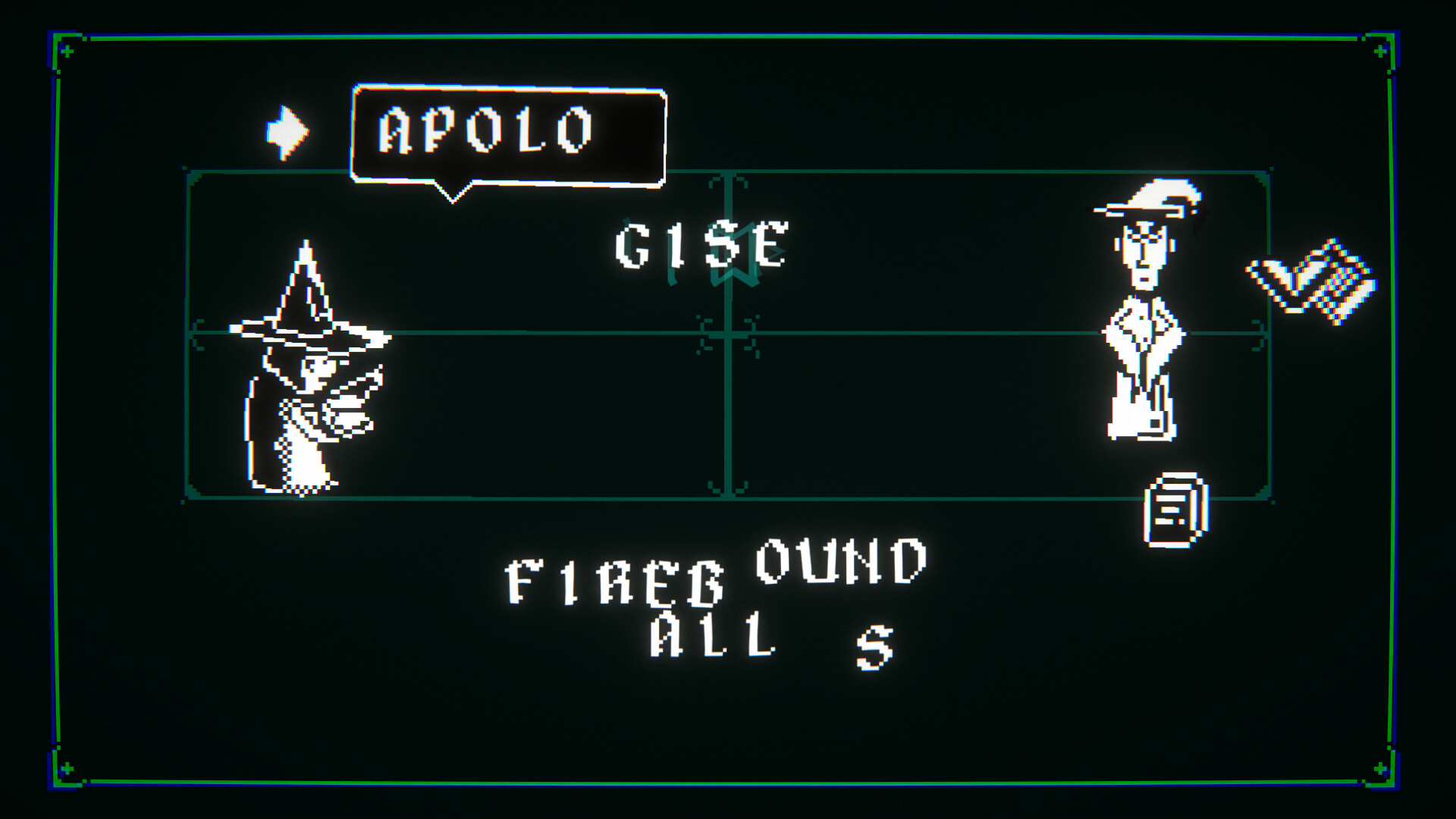
As a writer, words and I basically go hand in hand. It's like bread and butter, or salt and pepper. You don't have one without the other. So, it's not really surprising that Leximan, a magic-based 2D puzzle game that requires you to string together words to cast spells and solve puzzles, piqued my interest. As a lost child in search of some help in a new world, I began my journey with nothing but a book tucked under my arm. What then continued to play out was nothing short of a chaotic adventure embedded with hilarious Undertale-esque dialogue.
However, as excited as I was to start my magical journey, I very quickly learnt that I am not the most responsible of wizards. Each time you interact with a character, you're given a selection of dialogue options which help personalise the experience. As is tradition, I went with the most sarcastic, ridiculous responses available with nothing but self-satisfaction fuelling the decision. However, even though these options were funny to me in the moment, I couldn't help but feel like exiling my character to a shadowy basement after I made too much mess and spawned one too many demons stung a little.
Because of how fun these character interactions were, and how much thought had been put into creating such an eclectic cast, I wanted to make sure I spoke to everyone I possibly could. Usually, in a game littered with characters, I waste no time with small talk. If you aren't going to offer me anything of substance, or you don't look like the type of character to generously gift me a helpful item, there's a high chance I will just walk past you. Not so in Leximan. Even though the character design is simple (after all they are just made up of a few black and white squares on the screen), each one I spoke to had such a personality it felt like a waste to not chat with them.
The most important character interactions, though, ended with a fight. Luckily, combat is where Leximan shines. Each time you meet a character who isn't super stoked to encounter the chaotic wizard, you'll need to pick letters or halves of words floating around at the bottom of the screen. These are randomised per round, so you won't have a huge variety but it's still fun to play around with.
Once you've strung together a word from these premeditated letters, you'll be able to cast a spell tied to that word and see how it damages your opponent. Things like fire will have you hurtling fireballs or setting your opponent alight, but you don't exclusively have to cause damage directly. You'll also be able to conjure items like grenades and missiles to do your bidding for you.
Given how limited the letters and word fragments you're given are, I found it pretty easy to find amusing ways to manipulate them and try to push Leximan to its limits in terms of what I could cast. But despite my desperate efforts at being quick-witted, the team behind the game was always one step ahead. I swear, every word I pulled together—thinking I was hilarious for even trying—already had a result behind it. Even when I frustratedly mashed together letters knowing that it didn't make sense, Leximan was prepared with a patronising message saying something like I tried my best but better luck next time.
After getting this response one too many times, my drive to keep producing ridiculous responses slowly faded. Eventually, I found myself relying on simpler responses too much.
I became something of a pyromaniac, casting some form of fireball whenever I could. Or, going so far as casting a battery of magic missiles to quickly put a stop to whatever fight I found myself in. But regardless of how often I was using the same spell, putting them together by spelling them out myself never lost its charm. Basically, if there's something that Leximan has taught me, I need to learn more words. As a reward, I'll get to cast cool new spells against my enemies. But until then, I won't stray from using the same sequence of fire, and then missiles to oppose whoever is stopping me from becoming the greatest wizard of all time.







